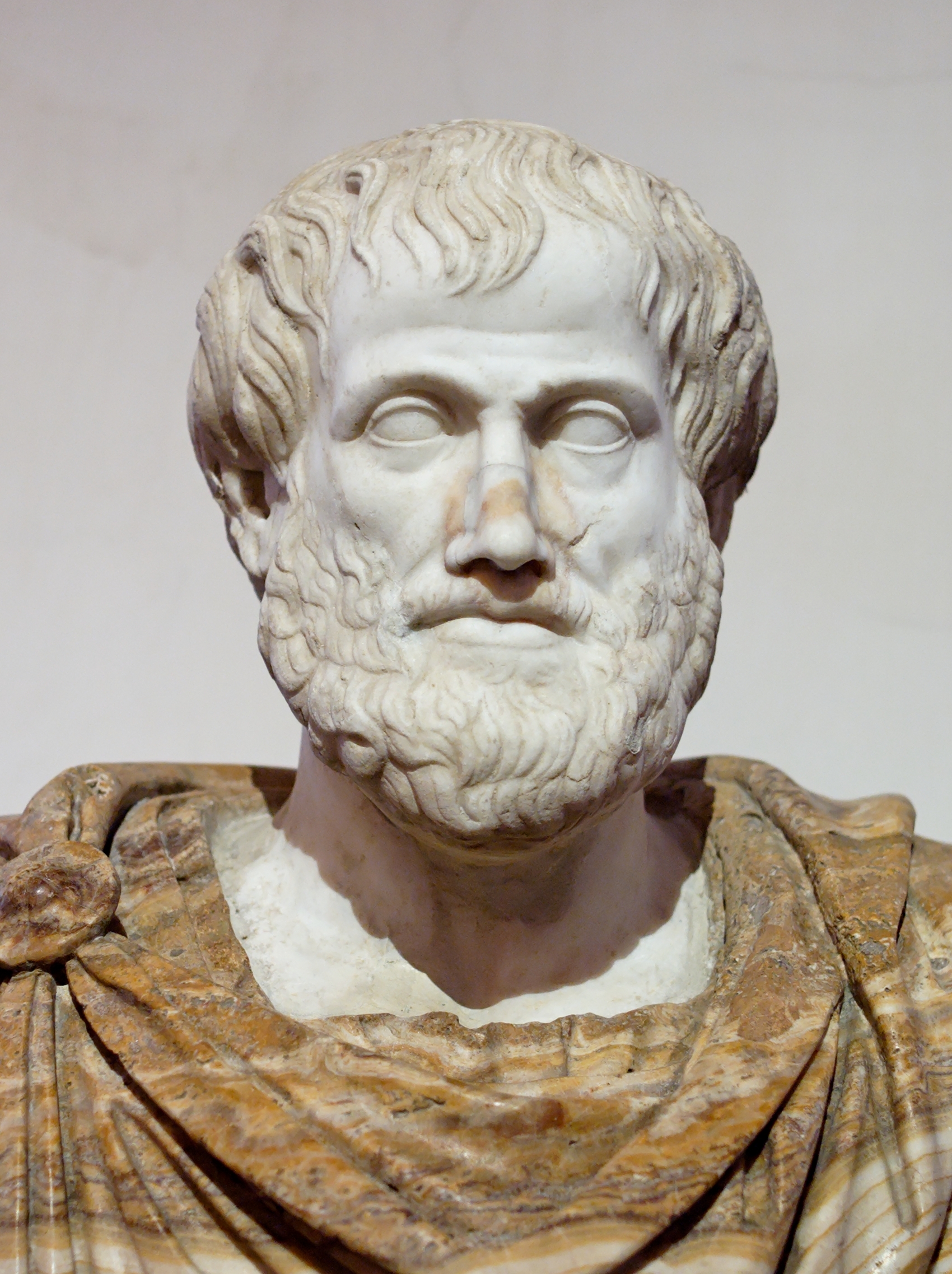Aristotle Quotes
“Amicus Plato, sed magis amica veritas.”
Plato is dear to me, but dearer still is truth.
A similar statement was attributed to Aristotle in antiquityː "Φίλος μὲν Σωκράτης, ἀλλὰ φιλτέρα ἀλήθεια." ["Socrates is a friend, but truth is a greater."] — Ammonius Hermiae, Life of Aristotle (as translated in Dictionary of Quotations http://archive.org/details/dictionaryquota02harbgoog (1906) by Thomas Benfield Harbottle, p. 527). The variant mentioned above may possibly be derived from a reduction of a statement known to have been made by Isaac Newton, who at the head of notes he titled Quaestiones Quaedam Philosophicae (Certain Philosophical Questions) wrote in Latin: "Amicus Plato— amicus Aristoteles— magis amica veritas" which translates to: "Plato is my friend— Aristotle is my friend— but my greatest friend is truth." (c. 1664)
Another possible origin of the "dear is Plato" statement is in the Nicomachean Ethics; the Ross translation (of 1096a.11–1096a.16) provides: "We had perhaps better consider the universal good and discuss thoroughly what is meant by it, although such an inquiry is made an uphill one by the fact that the Forms have been introduced by friends of our own. Yet it would perhaps be thought to be better, indeed to be our duty, for the sake of maintaining the truth even to destroy what touches us closely, especially as we are philosophers; for, while both are dear, piety requires us to honour truth above our friends."
Note that the last clause, when quoted by itself loses the connection to "the friends" who introduced "the Forms", Plato above all. Therefore the misattribution could be the result of the "quote" actually being a paraphrase which identifies Plato where Aristotle only alludes to him circumspectly.
According to the notes in Plato: Republic Book X, edited by John Ferguson, p. 71, «the familiar 'amicus Plato sed magis amica veritas' is found in Cervantes' Don Quixote II 8 and cannot be traced further back. Cf. Roger Bacon Op. mai. I vii, '<i>amicus est Socrates, magister meus, sed magis est amica veritas</i>'. For the opposite view, see Cicero, T.D. I 17,39, '<i>errare mehercule malo cum Platone . . . quam cum istis vera sentire</i>'.»
Disputed
Variant: Plato is my friend, but the truth is more my friend.
Book IV, 1005
Metaphysics
Original: (el) τὸ γὰρ αὐτὸ ἅμα ὑπάρχειν τε καὶ μὴ ὑπάρχειν ἀδύνατον τῷ αὐτῷ καὶ κατὰ τὸ αὐτό (καὶ ὅσα ἄλλα προσδιορισαίμεθ᾽ ἄν, ἔστω προσδιωρισμένα πρὸς τὰς λογικὰς δυσχερείας): αὕτη δὴ πασῶν ἐστὶ βεβαιοτάτη τῶν ἀρχῶν: ἔχει γὰρ τὸν εἰρημένον διορισμόν. ἀδύνατον γὰρ ὁντινοῦν ταὐτὸν ὑπολαμβάνειν εἶναι καὶ μὴ εἶναι, καθάπερ τινὲς οἴονται λέγειν Ἡράκλειτον.
Source: https://www.perseus.tufts.edu/hopper/text?doc=Perseus%3Atext%3A1999.01.0051%3Abook%3D4%3Asection%3D1005b
“The third kind of life is the life of contemplation”
The Ethics Of Aristotle (Vol. I), Bk. 1, Chapter III
“Now the mass of mankind are plainly... choosing a life like that of brute animals...”
The Ethics Of Aristotle (Vol. I), Bk. 1, Chapter III
Bk I, Ch II
The Ethics Of Aristotle (Vol. I)
Bk I, Ch I
The Ethics Of Aristotle (Vol. I)
Bk I, Ch I
The Ethics Of Aristotle (Vol. I)
Bk I, Ch I
The Ethics Of Aristotle (Vol. I)
Book I, part 4 (1920 translation by Benjamin Jowett)
Popularly simplified to when the looms spin by themselves, we'll have no need for slaves.
Politics
The Ethics Of Aristotle (Vol. I)
